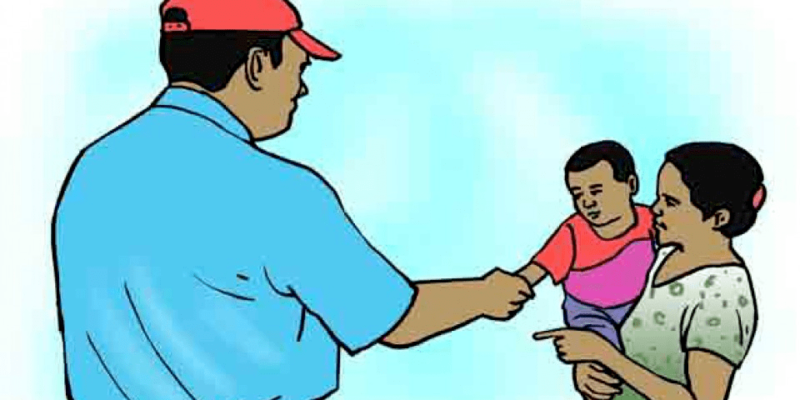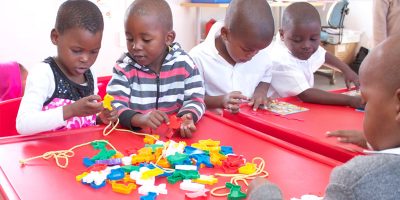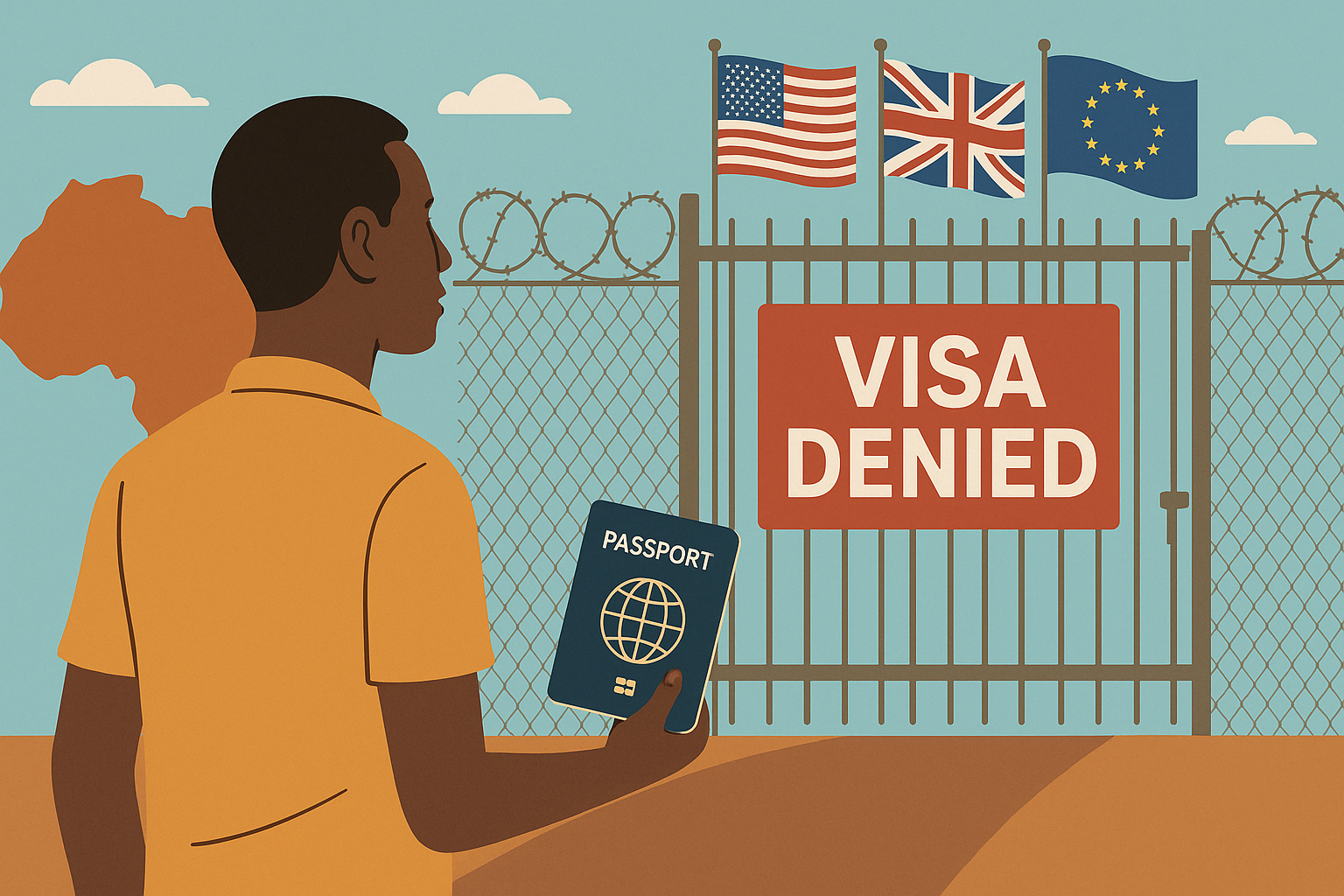Most children graduate into good citizens. Encouraging young children to play and explore helps them learn and develop socially, emotionally, physically, and intellectually. We all know that children play because it is fun.
Today I look at early traits of behavior and how to influence conduct in children as they grow.
I am talking about child grooming and early childhood care. It takes a good parent to make a good child. Well-groomed children are, invariably, well behaved.
It is imperative to point here that play is a crucial aspect of children’s learning and development requirements. A close look at children at play is likely to reveal that playing builds their knowledge and experience and helps develop their curiosity and confidence.
Children learn by trying things, comparing results, asking questions, and meeting challenges. For children aged above three years play develops their language skills faster.
Playing also challenges a child to think, plan, organize, and even make decisions. For a child who has a disability, stimulation and play are of significant importance.
Parents and caregivers need to know that girls and boys need the same opportunities to play and for interaction with all family members.
Family members and other caregivers can help children learn by giving them simple tasks with simple, clear instructions. If you want to determine the level of your child’s intelligence, watch him closely during play. Study his ideas.
Caregivers need to be patient when a very young child insists on trying to do something unaided. Children learn by trying until they succeed.
As long as the child is protected from danger, struggling to do something new and difficult is a positive step in the child’s development. All children need a variety of simple materials to play with that are suitable for their stage of development.
Water, sand, cardboard boxes, wooden building blocks, pots, and lids are just as good as toys bought from a shop. Children are constantly changing and developing new abilities.
Caregivers should notice these changes and follow the child’s lead to help him develop more quickly. Children learn how to behave by imitating the behavior of those closest to them. By watching and imitating others, young children learn how
to interact socially.
The examples set by adults and older children are the most powerful influences in shaping a child’s behavior and personality.
Children learn by copying what others do. If adults shout and behave violently, children will pick up this type of ill conduct. If adults treat others with kindness, respect, and patience, children will follow their example and develop their full potential. Never misbehave in the presence of your children.
When playing, children like to pretend. This should be encouraged as it develops the child’s imagination. It also helps the child understand and accept the ways other people behave.
Parents and caregivers need to know the major milestones that indicate that the child is developing well.
They also need to know when to seek help and how to provide a caring and loving environment for a child with a physical or mental disability.
All children grow and develop in similar patterns, but each child develops at his own rate. Some children exhibit their potential
earlier than others. By observing young children see how they respond to touch, sound, and sight, parents can identify signs of developmental problems or disabilities.
If a child is developing slowly, parents and caregivers can help by spending extra time with the child. I’ve seen children who never laugh. If the child does not respond to stimulation and attention, parents and caregivers need to seek help.
Taking early action is very important in helping children with disabilities reach their full potential. Parents and caregivers need to encourage the greatest possible development of the child’s abilities.
A girl or boy with a disability needs extra love and protection, short of which she or he may become timid. Like all children, such
a child needs to be registered at birth or soon afterward, breastfed, immunized, given nutritious food, and protected from all sorts of abuse and violence.
Children with disabilities should be encouraged to play and interact with other children. A child who is unhappy or experiencing
emotional difficulties may behave abnormally. Such an unfortunate child may suddenly become unfriendly, sad, lazy, unhelpful, or naughty.
He may also cry often; become violent with other children; sit alone instead of playing with friends or suddenly have no interest in usual activities or schoolwork.
He may also lose appetite and sleep. I have seen children with such traits of behavior. Often, their problems hinge on poor parenting. Parents should talk with and listen to such disadvantaged children.
If the problem persists they should seek help from health workers. If a child has mental or emotional difficulties or has been abused, he should be counseled to prevent further impairment. Children need protection from harm.
Leaving children home alone without adult supervision, for example, is a form of neglect. Neglected children may be very
withdrawn or even aggressive, and can develop health problems or have difficulty coping in school.
It is common to find this kind of children in most communities. When an adult uses a child for sexual gratification, this amount to
gross abuse. This might mean forcing the child to carry out sexual acts, including sexual touching, oral sex, and intercourse.
It can include indecent exposure or deliberately showing child-adult pornographic videos or magazines.
Although this criminal behavior is not rampant in Tanzania, some children are abused in this diabolical manner. Both boys and girls are sexually abused.
This can happen to very young children-even babies. The effects of sexual abuse are long-lasting and highly damaging. Some children who are abused in this way may go on to become abusers themselves.
It is estimated that at least one child dies each week in this Tanzania as a result of physical abuse, including bashing. Babies are more vulnerable, being five times more likely to be killed than all other ages.
Eight out of ten young people who have experienced physical abuse have also seen violence between their parents and minders. I would be remiss not to point out here that most adults, especially women, are trustworthy and kind to children.
I must also mention here that although parents may worry a great deal about pedophiles and the dangers they pose to children in the community, it is important to remember that most sexual abuse happens in the family home, and is often carried out by someone well known to the child.
In some cases, parents may come under intolerable pressure and stress which prompts them to harm their own children. Babies and toddlers may be shaken or hit, or older children constantly put down and criticized in a manner that wrecks their emotional well-being.
Some adults may have been treated badly by their own parents, and have not had the chance to develop better ways of raising children.
Whatever the reason for stress, problems with adult relationships, poverty, or having been abused as a child, there is no excuse for abusing children.

















Comments